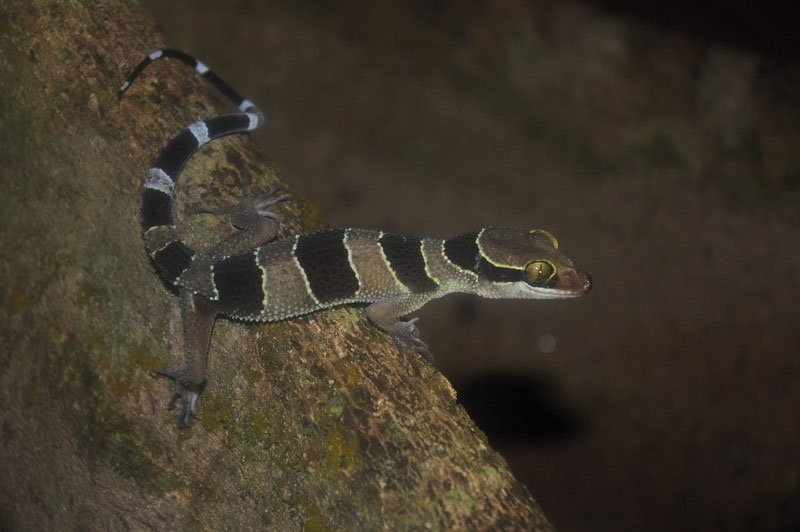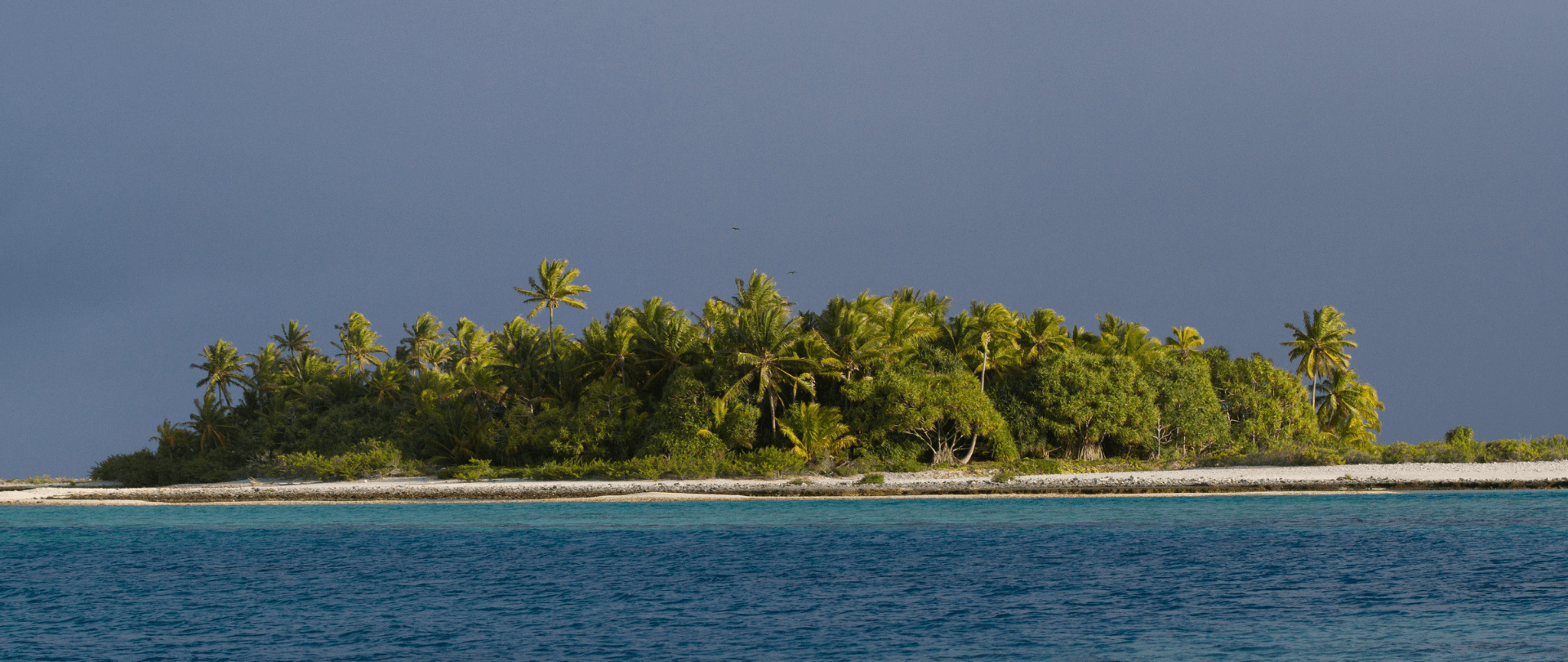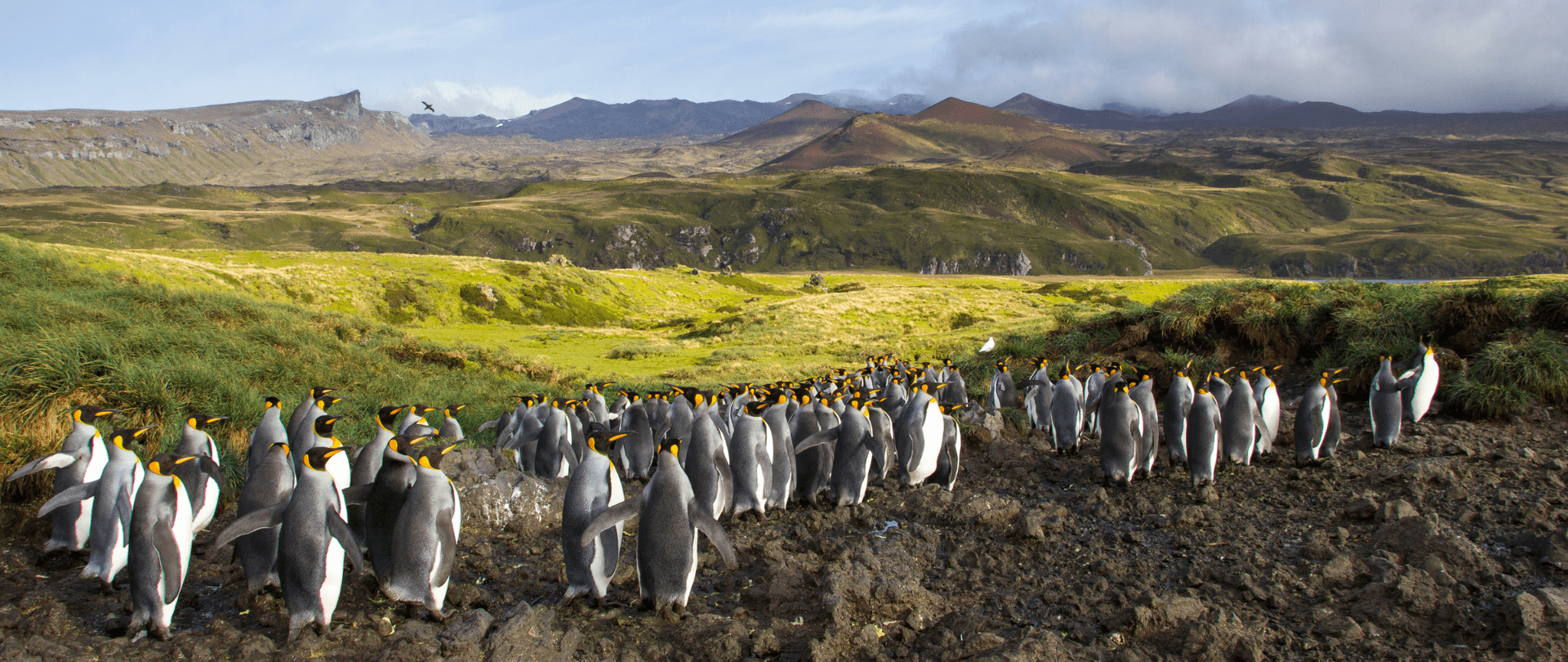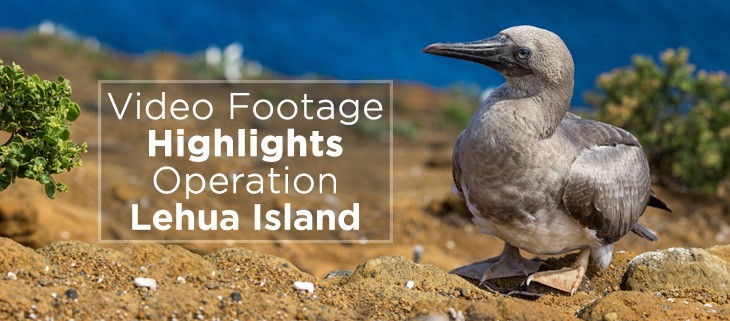Permanent Commission for the South Pacific and Island Conservation Sign MOU to Protect Marine and Coastal Areas in the Southeast Pacific (CPPS)
This historic agreement aims to protect the marine and coastal areas of the Southeast Pacific.
Our 2024 Impact Report is live!
Published on
February 15, 2017
Written by
Emily Heber
Photo credit
Emily Heber

A new species of lizard was discovered by Belgian biologist Oliver Pauwels, a Research Associate at the Royal Belgian Institute for Natural Sciences in Brussels, Belgium and has been officially confirmed as a unique species. The small lizard, only 35cm long, lives in the jungle in central Phuket, Thailand. Its scientific name, Acanthosaura phuketensis, appropriately means “a spiny lizard from Phuket.”

The species feeds mostly on insects and is harmless to humans. Nonetheless, it looks frightening with long horns on its head and sharp spines down its back. Pauwels explains:
Although Phuket is one of the most touristic places in the World, this is the third such major discovery our team made on this island, after a new gecko species and the now famous viper. They are endemic, which means they are found nowhere else on our planet.
The research team has found a number of new species in Phuket, some of which are endemic to the island. The forests of this region have been altered by agriculture and tourism, but these discoveries could work in favor of protecting the diverse ecosystem. Pauwels noted:
Human infrastructures still expand, threatening the last remaining tropical forest patches on the island. This new discovery stresses how important it is to save the remaining jungle on the island. If these forests disappear, many unique creatures which live only there will also disappear.

Pauwels and his team intend to continue research in the region in hopes that they will find more new species. On islands where tourism is an important industry, the risk of invasive species introduction is elevated. This could have serious consequences for the unique ecosystem and these newly discovered species. Protecting biologically rich islands is key to saving species–some of which we may not even realize exist–from extinction.
Featured photo: Forest of Phuket. Credit: Jeff Gunn
Source: Phuket News
Check out other journal entries we think you might be interested in.

This historic agreement aims to protect the marine and coastal areas of the Southeast Pacific.

Our projects to restore key islets in Nukufetau Atoll forecast climate resilience and community benefits in Tuvalu!

Island Conservation and partners have published a new paper quantifying ecosystem resilience on restored islands!

Climate Week NYC: what is it and why is it important? Read on to find out why Island Conservation is attending this amazing event!

With sea levels on the rise, how are the coastlines of islands transforming? Read on to find out how dynamic islands really are!

Join us in celebrating the most amazing sights from around the world by checking out these fantastic conservation photos!

Rare will support the effort to restore island-ocean ecosystems by engaging the Coastal 500 network of local leaders in safeguarding biodiversity (Arlington, VA, USA) Today, international conservation organization Rare announced it has joined the Island-Ocean Connection Challenge (IOCC), a global effort to…

Island Conservation accepts cryptocurrency donations. Make an impact using your digital wallet today!

For Immediate Release Conservation powerhouse BirdLife South Africa has joined the Island-Ocean Connection Challenge (IOCC) – a global initiative aiming to restore, rewild and protect islands, oceans and communities – to support its work to save internationally significant albatross populations…

Video captures insights and hopes from the partners who are working to restore Lehua Island, Hawai’i. In 2021, Lehua Island officially became free from the threat of invasive rodents. This is a huge accomplishment that has enriched the region’s biodiversity…